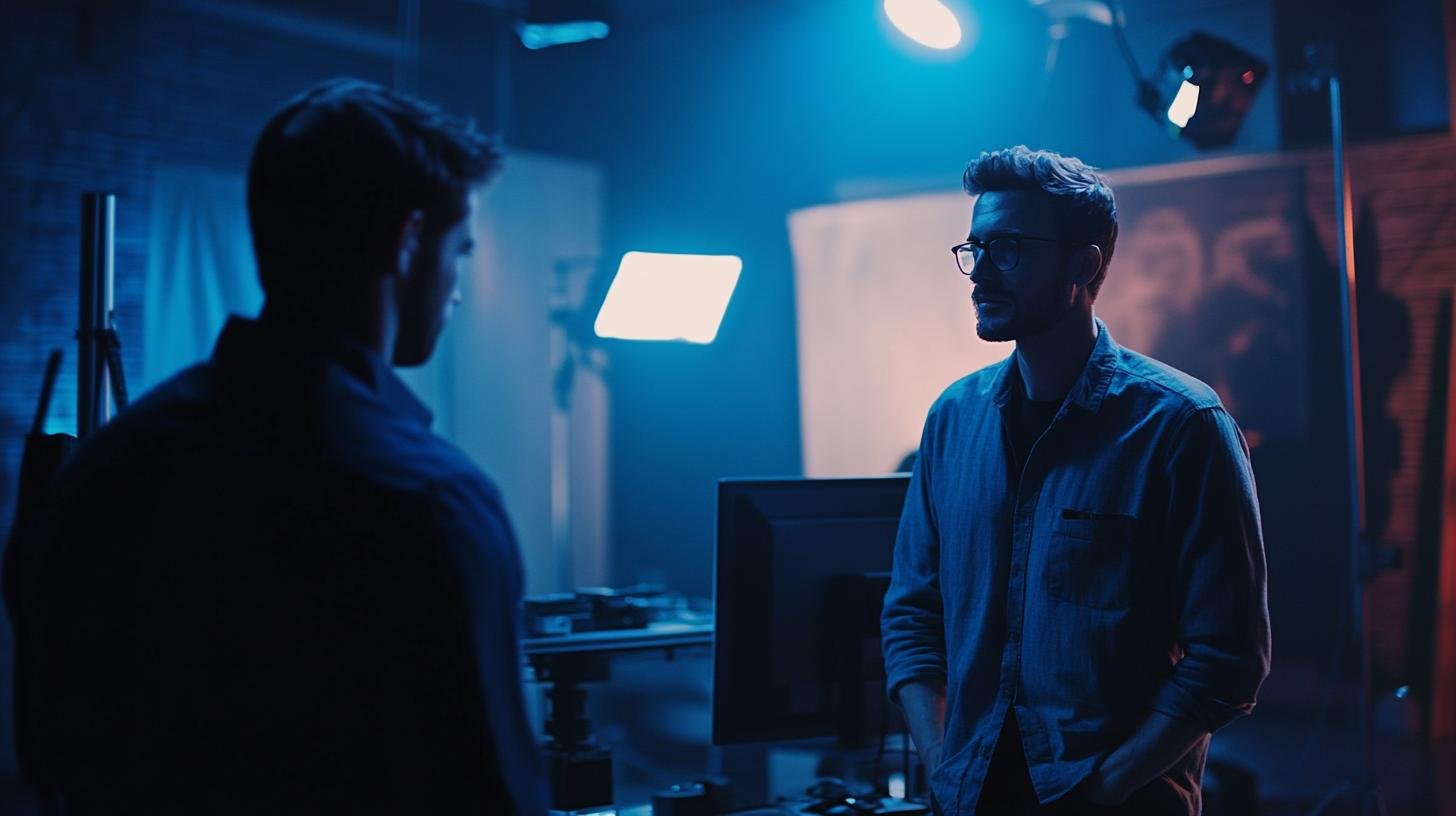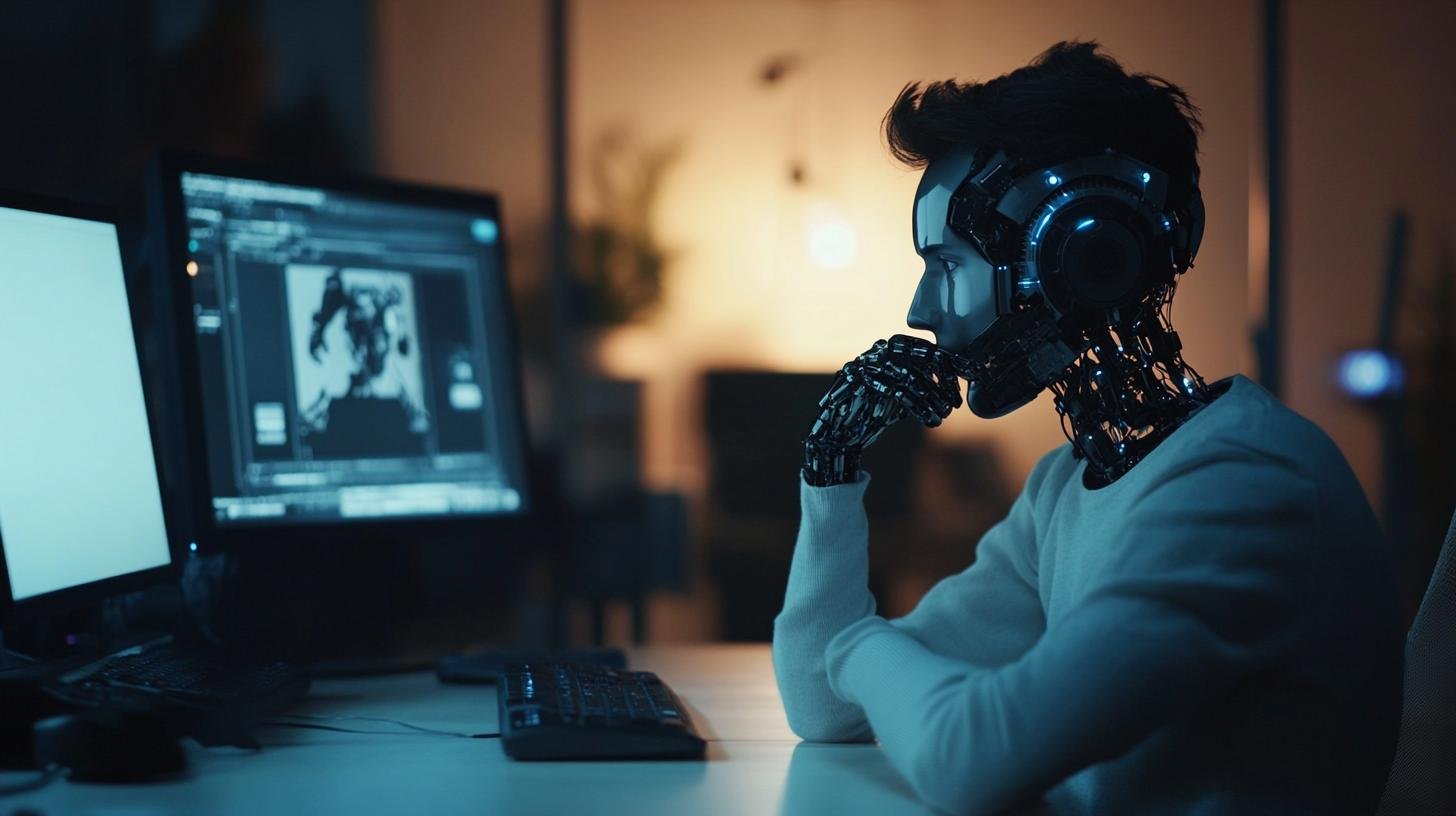James Cameron, known for his blockbuster films, is making waves in the world of AI. He has joined the board of directors at Stability AI, the company behind the AI image generator Stable Diffusion. This move has surprised many because Cameron has expressed caution about AI in the past.
Stability AI is not the only company merging film with AI. Studios like Lionsgate and Sony are also using AI. They are partnering with firms like Runway to push the boundaries of filmmaking. Hollywood is seeing a future shaped by algorithms.
So, what does AI in film mean? Generative AI can create new content by learning from massive data sets. This means AI can generate stunning landscapes or even cast younger versions of actors. Directors could use AI to enhance scenes without the need for traditional CGI or makeup.

However, this raises questions. What happens to the actors and crew who depend on these jobs? There have been mentions of strikes and lawsuits as people worry about job security. If AI can write scripts and direct scenes, what happens to the artists who used to do these tasks?
There are also legal concerns. Who owns the content created by AI? Is it the company that built the AI, or the person who provided the data? This is a complex issue with no easy answers.
Cameron may see his new role as a chance to guide the future of AI. He might believe he can help ensure that AI enhances human creativity rather than replacing it. This perspective offers some hope for balancing technology with human artistry.
For film buffs, the future holds exciting possibilities. We might soon see movies personalized to individual tastes. Special effects could become even more incredible, limited only by imagination. In this new world, anyone with an internet connection could become a filmmaker.
The future of film is evolving quickly. While it brings excitement, it also comes with challenges. The conversation about AI's role in the industry is essential. As AI continues to grow, its impact on film and many other fields will be profound.





